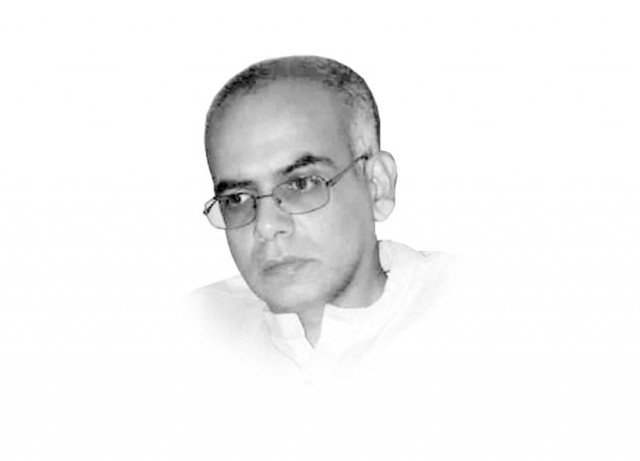Pakistan’s inequality trap
Addressing inequality in our midst would not only enable economic growth but also calm social, political turbulence

The writer is author of the book Development, Poverty and Power in Pakistan, available from Routledge
The findings of the ‘Multiple Inequalities and Policies to Mitigate Inequality Traps in Pakistan’, a study conducted jointly by Oxfam Pakistan and economists from the Lahore University of Management Sciences, have shed light on the disturbing exacerbation of the inequality phenomenon in the country over a 10-year period. According to the study’s findings, children born in income-poor families in Pakistan during 2010-11 are less likely than those born 15 years earlier to break their poverty trap and move into the middle class category.
The above study has highlighted income, education and occupation as the three core issues that affect intergenerational inequality. It has found that a majority of children born to families with low income and education levels, and to parents employed in elementary occupations (such as street vending, shoe cleaning, or construction work) are likely to follow in their parents’ footsteps.
Inequality in educational attainment appears to have generally worsened over the last two decades. Rich fathers now seem to have three times as many years of education as poor fathers and rich sons have twice as many as poor sons. While more children are likely to attend school compared with earlier generations, only around 50 per cent of children from income-poor households attend schools compared with around 82 per cent from income-rich households.
While labour force participation for women in Pakistan has been steadily increasing, female participation in the workforce hovers around 20 per cent, making Pakistan rank last among the South Asian Association for Regional Cooperation countries. Moreover, a nuanced look at the types of female participation in the workforce reveals a much more dismal picture. Most working women in Pakistan are employed in the agriculture sector. Around 80 per cent of these are unpaid family workers. The rest of them work for low wages since they lack control over productive assets such as land, corroborated by the fact that women own less than three per cent of the land in the country.
Inequalities exist in other forms as well, including inequalities between rural and urban areas and between different regions of the country. The study found investment in social infrastructure to generally be concentrated in or around metropolitan districts, while districts located away from such centres (e.g., southern Punjab, interior Sindh and remote parts of Khyber-Pakhtunkhwa and Balochistan) remain largely ignored.
Some of the very valid suggestions highlighted in the above report include the need to allocate development funds based on a district’s poverty score. It also cautions against the problem of high inflation given that the phenomenon affects poor people disproportionately. Inflation in our country is fuelled by the compulsion of financing our perpetual budget deficits due to the government’s inability to raise enough taxes to cover expenses. Besides the need for broader tax reforms to make those who earn more pay their taxes, it is vital that consumption taxes be made less regressive rather than following a uniform sales tax regime, so that staple food items and other basic needs of the poor are not taxed.
Addressing the growing inequality in our midst, through some of the above-mentioned measures, would not only enable more economic growth in the long run but also have a positive influence on calming the current social and political turbulence which we are experiencing.
Published in The Express Tribune, March 20th, 2015.
Like Opinion & Editorial on Facebook, follow @ETOpEd on Twitter to receive all updates on all our daily pieces.















COMMENTS
Comments are moderated and generally will be posted if they are on-topic and not abusive.
For more information, please see our Comments FAQ